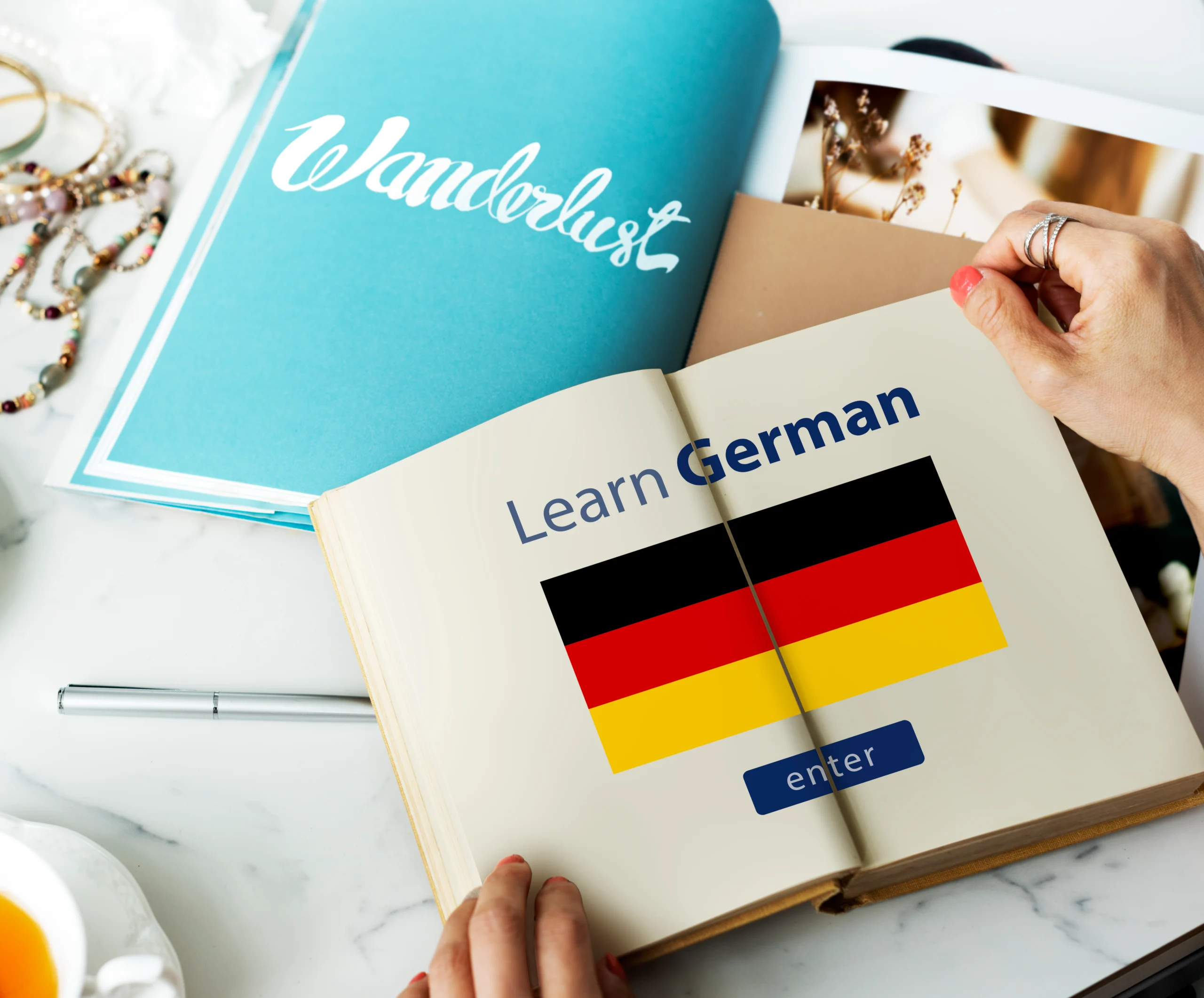Most Common German Words: Your Essential Guide to Get Started
What Are the Most Common German Words and Why They Matter
When you’re starting with German, it’s smart to focus on the most common German words first. These are the words you’ll hear and use daily—words like “der/die/das” (the), “und” (and), “sein” (to be), “haben” (to have), “ich” (I), “du” (you), and simple expressions like “ja” (yes) or “nein” (no) By mastering these, you cover a large portion of everyday German communication.
As learners frequently say, getting these core words under your belt means you begin to understand and speak German with confidence—especially for German for beginners or anyone looking to learn German fast.

Why Learning These Words Is a Smart Strategy
The 80/20 Principle in Language Learning
Research shows that just the top 100 most frequent words can give you access to about 50% of everyday spoken conversations. That’s the language 80/20 rule in action: a small set of words gives you outsize results.
Lay the Foundation for Fluency
These basic German words form the scaffolding for grammar and fluency. Once you’re familiar with articles, pronouns, and common verbs, constructing sentences becomes easier—paving the way for more advanced vocabulary and grammar.
A Starter List: Basic German Words You Should Know
Here’s a curated list of some of the most common German words, drawn from trusted resources:
-
Greetings & Basics: Hallo (hello), Tschüss (bye), Danke (thanks), Ja (yes), Nein (no), Guten Tag (good day), Entschuldigung (excuse me)
-
Pronouns & Articles: ich (I), du (you), er/sie/es (he/she/it), wir (we), Sie (formal you), der/die/das (the), ein/eine (a/an)
-
Verbs & Common Conjunctions: sein (to be), haben (to have), gehen (to go), machen (to do), und (and), aber (but), nicht (not)
-
Question Words: was (what), wo (where), wann (when), warum (why), wie (how)
This group of basic German words will lay the groundwork for comprehension and conversation.
How to Learn These Words Quickly and Efficiently
Use Spaced Repetition Tools
Flashcard apps like Anki (often featuring top-frequency decks) help you drill the most common German words until they become second nature.
Learn in Context
Resources like Preply break down daily-use words into categories—nouns, pronouns, verbs, adverbs—so you can understand how they’re used in real speech.
Practice with Media
Engage with German through songs, movies, podcasts, or even language partner chats. Recognizing words like ich, und, nicht repeatedly reinforces learning.
Leverage Learning Platforms
Websites like Lingoda and tools like vocabeo let you filter thousands of frequent words by level (A1, A2, B1), letting you learn strategically and effectively.
Building Beyond the Basics: Expand Your German Vocabulary
Gradually Add More High-Usage Words
Once you’ve mastered your core list, move on to longer lists—top 500 or top 1000 words—using frequency-based learning.
Categorize for Clarity
Group new words by function: question words, pronouns, verbs, adjectives. This helps reinforce meaning and context
Use Real-Life Scenarios
Incorporate the most common German words in your everyday life: narrate your day in German, label household items, chat using simple phrases—”Ich habe Zeit” (I have time), “Ich gehe nach Hause” (I’m going home), etc.
Final Thoughts – Your Path to Fluency
Focusing on the most common German words is your fastest track to effective communication—as few as a few dozen can get you understanding a lot, and a few hundred will make you comfortable in most situations. These words are your launchpad to speaking German confidently and expanding into broader vocabulary.
By using tools, structured lists, and real-world practice, you can learn German fast and create a strong foundation with German vocabulary tailored for learners. Ready to go further? Consider resources for A2/B1 levels next!



Hey, anyone checked out Plus777link lately? Seems like they’ve got some new games! Been having decent luck; maybe you guys will too! Give it a shot and let me know what you think! Check them out here: plus777link
Win3799 is where it’s at for some chill gaming. Nothing too intense, just good times. Definitely recommend for a relaxed evening win3799.
I think 333bbet is amazing. you should try it!
If you’re looking for a discreet and reliable way to access Fun88, fun88ninja is the way to go. Fast access and smooth gameplay are guaranteed! Check it out: fun88ninja.
Took a peek at 12betaffiliate. It seems pretty standard, it seems interesting enough… Might check again later. 12betaffiliate
okebet3 https://www.okebet3u.org
39jl Casino Online Philippines: Quick 39jl Login, Easy Register & App Download for the Best 39jl Slot Games. Experience the best 39jl slot games at 39jl casino online Philippines. Enjoy quick 39jl login, easy 39jl register, and seamless 39jl app download for top gaming! visit: 39jl
Depositing funds into my Nesine account is a breeze. Lots of options available, and pretty quick processing times. Thumbs up! Learn more about it here: nesine para yatırma
So excited to okbet register and start playing! Heard great things about the site from my friends. Hope my luck is good! If you want register at okbet register!
Tried xoilac86 for the first time last night, and I gotta say, I was impressed. No lag, high quality stream. Thumbs up! xoilac86